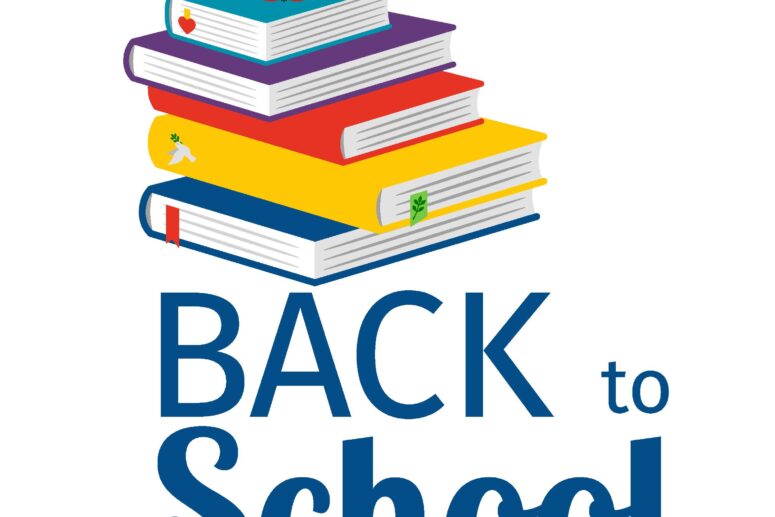
Back to school is an exciting time of year, but it can pose challenges for some individuals. Children with autism may find it tricky to get into the classroom. This article will discuss the challenges they may face as they return to the world of education.
Struggles Children with Autism Face in the Classroom
1. Sensory Issues
Children with autism struggle with sensory items. They tend to be more vulnerable to taste, touch, smell, sound, and sight. There are many extreme sensory items in school.
Here are a few common triggers for children with autism in school:
- Bells: Many loud bells indicate the end of various periods, from lunch to the school day.
- Lights: Schools are full of bright lights. There are very few dim spaces a child with autism can escape for a moment of relief.
- Noise: School is synonymous with noise. There is talking, screaming, and almost anything else you could imagine.
These can be too much.
It can also be tricky for children with autism to go from a quiet home environment over the summer to the chaos of school. Uncomfortable adjustment is necessary, which can cause education to become tricky at the beginning of the school year as sensory troubles stack on top of comprehension requirements.
2. Reading and Verbal Comprehension
Reading and verbal comprehension for children with autism may accelerate at a different rate than in other children. In school, many children with autism fall behind their peers as they attempt to gain knowledge at their grade level.
Children with autism have slightly different ways of seeing and behaving in the world. This variation makes it tricky for them to comprehend items traditionally. It may take time and patience to teach, which can be hard in packed classrooms.
Back to school can be difficult for children with autism because they fall behind their peers. It can be a frustrating experience, especially when the concept of executive functioning comes into the mix.
3. Executive Functioning
Executive functioning involves the ability to play and carry out projects with multiple steps. This thought process occurs while considering project parameters, timelines, and additional factors. Many children with autism have trouble with executive functioning.
In school, executive functioning is necessary when you move into higher grades.
Here are a few executive functioning skills children with autism may struggle with:
- Paying attention
- Organizing
- Planning
- Showing appropriate responses
These are necessary for school.
Many tools are available to help children with autism handle executive functioning in school, such as a weekly homework log. However, many schools and teachers are not ready to understand what their students need to succeed through executive functioning or motor skill assistance.
4. Fine and Gross Motor Skills
Motor skills are another trouble that may arise in school. Many children with autism have various issues with motor skills, from handwriting to walking down the hallway. They may not be able to complete assignments or play on the playground.
Trouble with fine and gross motor skills can vary from person to person. Some children with autism may not have much control, while others won’t have any issue writing on a page. These troubles typically appear in the first months of infancy.
Children with autism may struggle with going back to school if they can’t perform motor functions. They need a teacher or assistant to help them with motor skills and items like communication.
5. Social Communication
Communication can be one of the trickiest aspects of school for children with autism. They may not be able to verbalize what they want to say. Many children also have difficulty grasping the concert of communication techniques to get their point across.
As a result, children with autism may struggle to communicate with peers and teachers. It can be frustrating for them to know what they want to say but not have the proper methods to get the point across. Back to school means attempting communication skills again, yet another shift in the rules.
6. Changing Rules and Expectations
Every school year brings a different set of challenges, and one of the biggest is the ever-changing expectations of the teacher. No two teachers in the education system have the same rule structure in their classrooms. It can be tricky for a child with autism to comprehend these shifts.
Some teachers may require loud students to put their names on the board, while others encourage kids to raise their hands. There may be order with lines one year and disorganized chaos the next. Going back to school means adjusting to a new set of rules and expectations. That can be stressful for children with autism, as can a shift in routine.
7. Routine Changes
Children with autism have a tricky time adjusting to routine changes. Back to school is a time of uncertainty, filled with the unfamiliar. It can stress these kids out.
Here are a few examples of unfamiliar changes:
- Shifting wakeup time
- Meeting new people
- Altering mealtimes
- Moving from preferred activities to unfamiliar
These can trigger a child with autism.
Exposure to preparation for the familiar and unfamiliar can make back to school less scary. Still, the beginning of the school year may be challenging, no matter how many times it’s repeated.
8. Tolerance of Autistic Behaviors
Back to school can be tricky for children with autism because of their teachers. Instructors are only human – they each have various patience levels and limits on what they can tolerate. Unfortunately, this often results in children with autism receiving unfair treatment as they adjust to their new teacher.
Children with autism progress at a different rate than their fellow students. They also may have niche interests that don’t appeal to others, leading to a form of isolation in a classroom setting. Some teachers, students, and parents aren’t ready to handle these behaviors in a classroom setting.
Back to school can be difficult for a child with autism. Luckily, awareness of autism grows daily. In the future, maybe going back to school can be something children with autism look forward to.
If you are ready to work with the best ABA therapy provider in Indiana, New Jersey, or New York, give us a call at (732) 402-0297. Our dedicated team is ready to help and we will treat you like family.
- Interview with Kaitlyn Pietrobono - April 19, 2024
- Interview with Yakimah Lucas, BT - March 19, 2024
- Interview with Kimberly Woolery, BCBA - March 19, 2024
